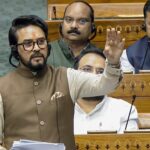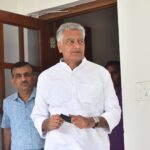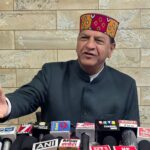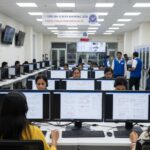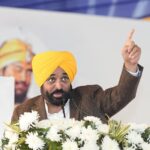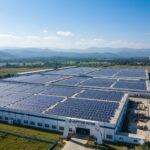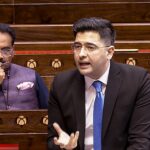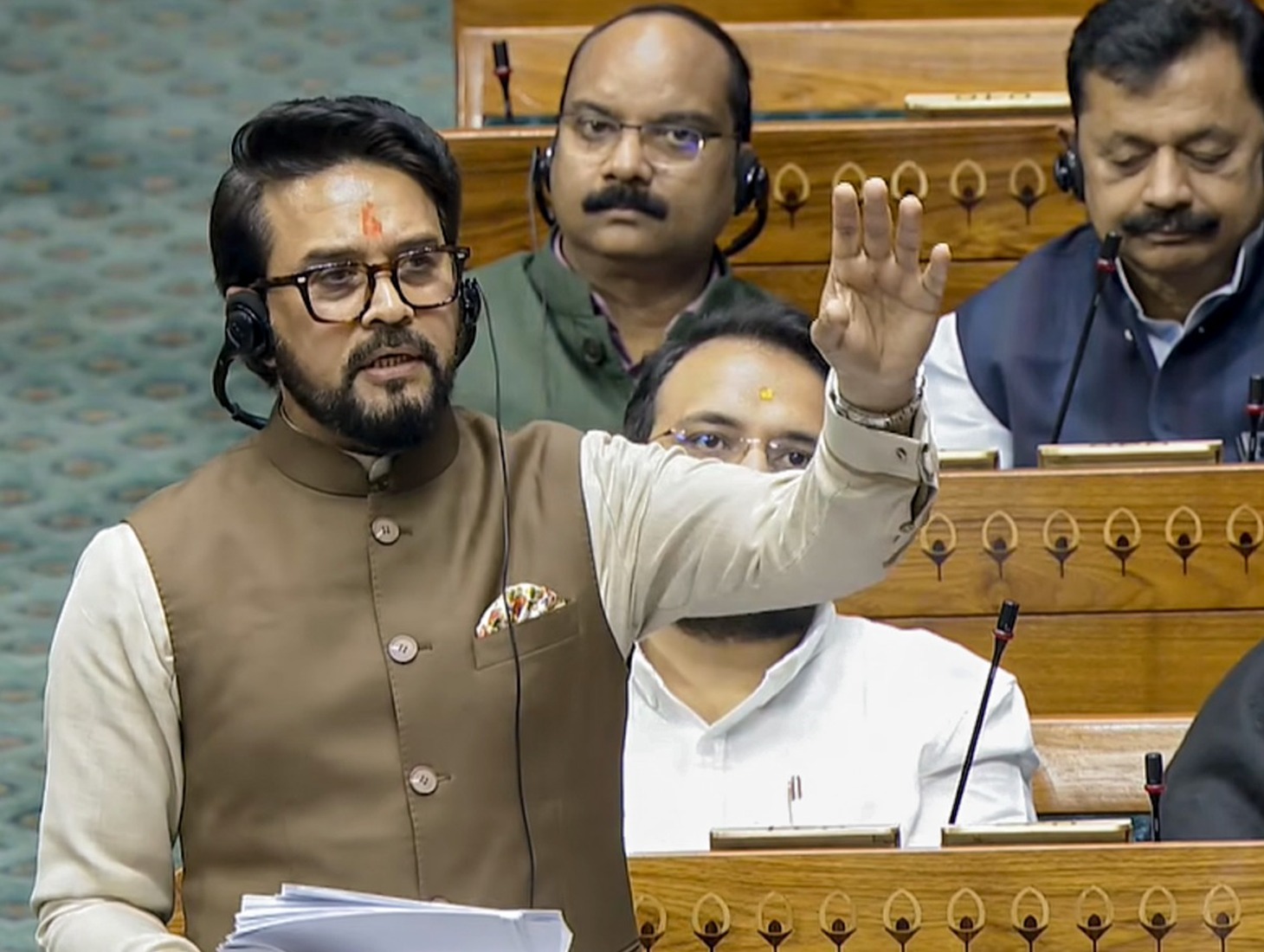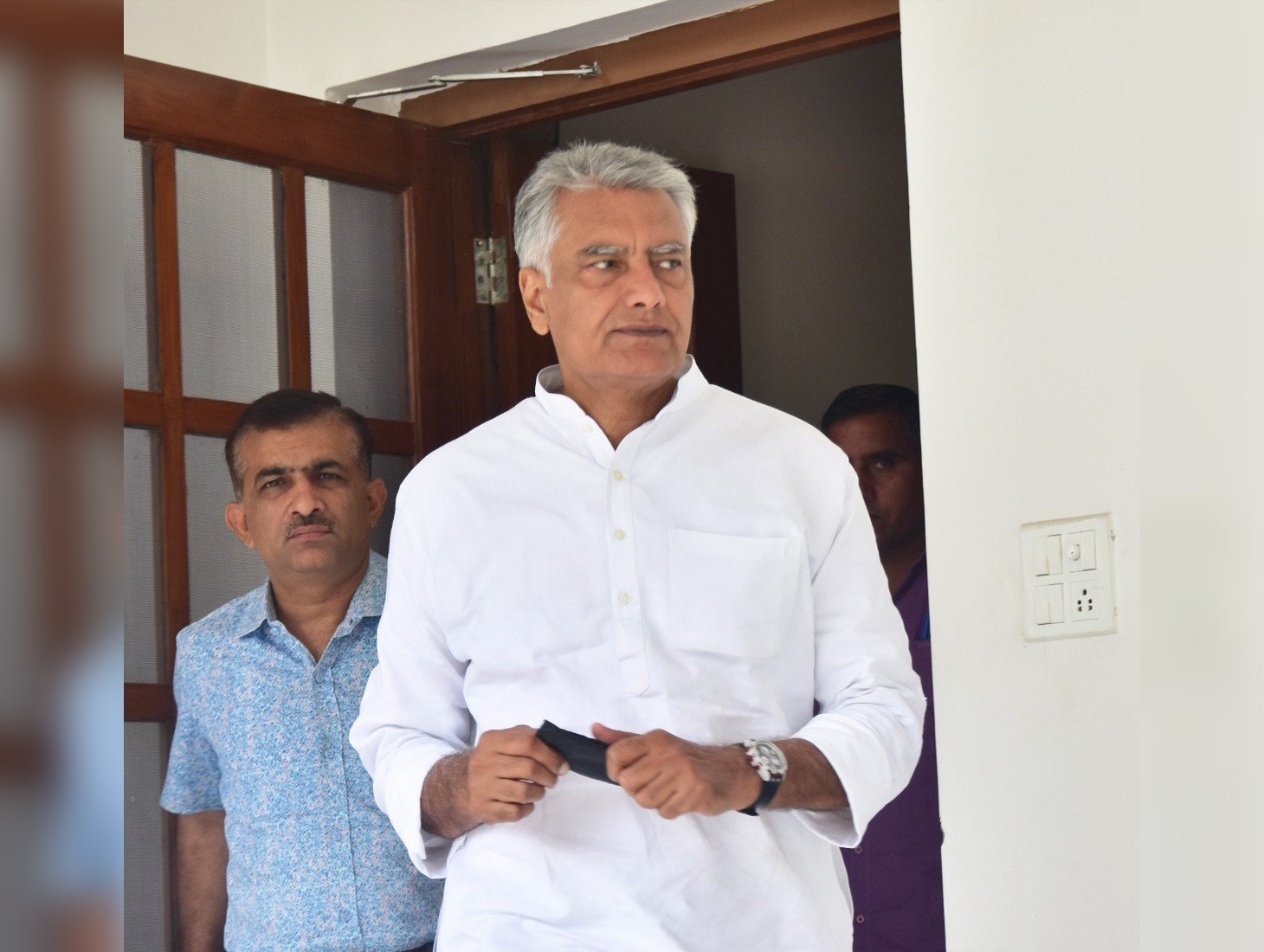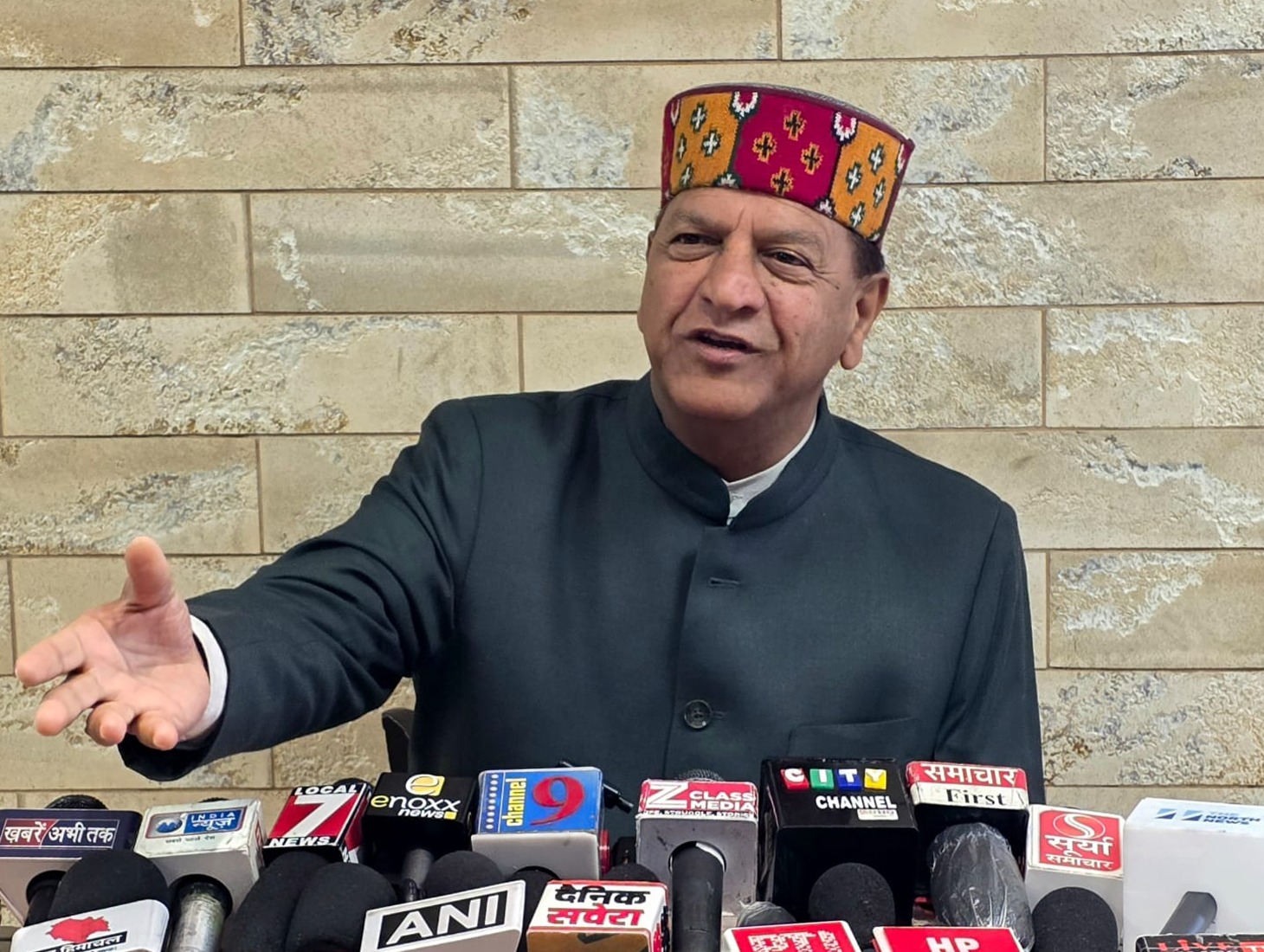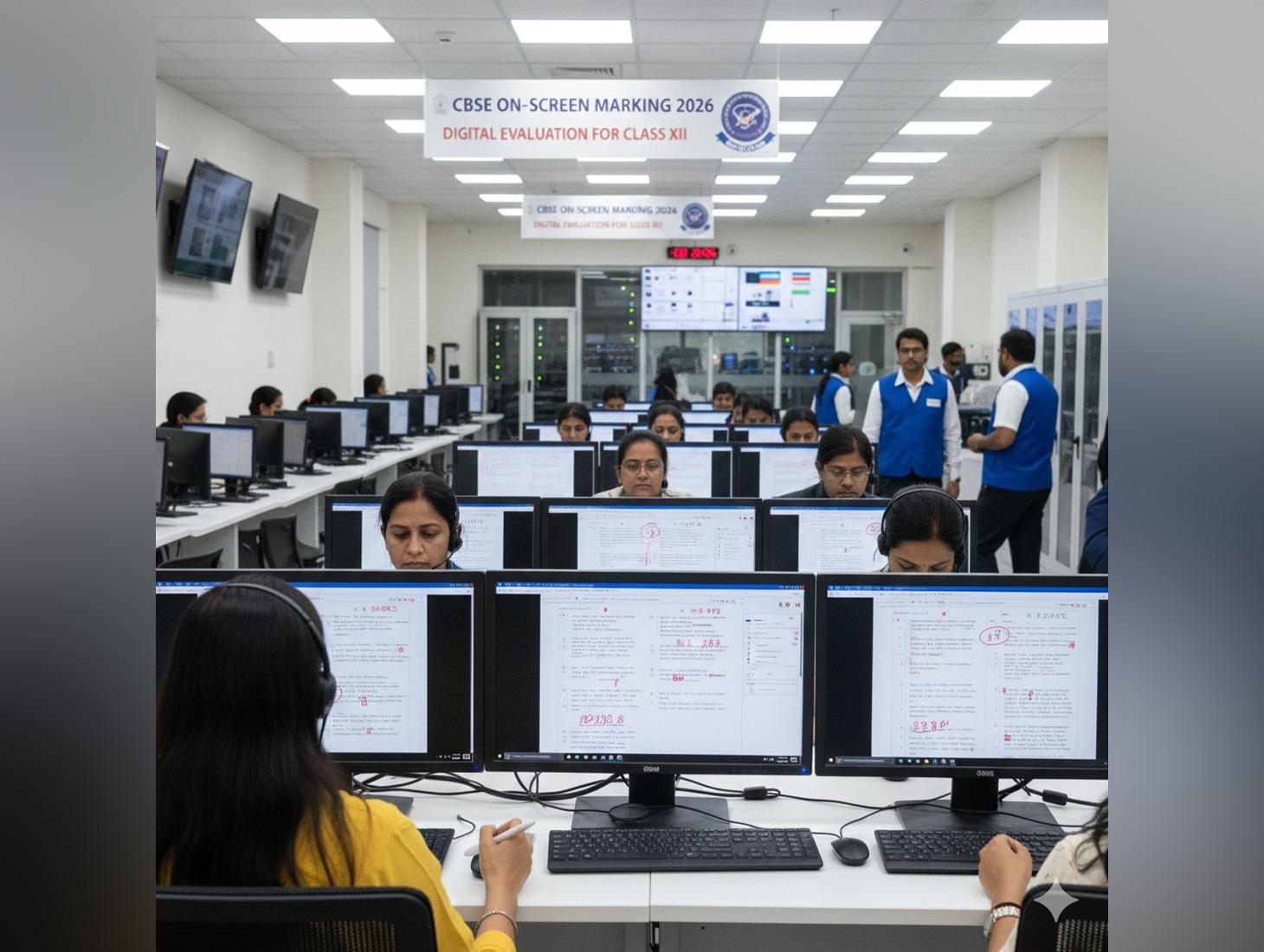KIRAN DEEP
The North News
New Delhi, February 14
US President Donald Trump has approved the extradition of Tahawwur Rana, accused of involvement in the 2008 Mumbai terror attacks, following the US Supreme Court’s rejection of his final legal appeal. Speaking at the White House, Trump called Rana a “very violent man” and said, “We are giving him back to India immediately. There are more to follow because we have quite a few requests. We work with India on crime and want to make things better.” The extradition of Tahawwur Rana, a Canadian national of Pakistani origin, is crucial for India due to his role in the 2008 Mumbai terror attacks, which killed 170 people.
The two leaders Prime Minister Modi and President Donald Trump reaffirmed that the global scourge of terrorism must be fought and terrorist safe havens eliminated from every corner of the world. They committed to strengthen cooperation against terrorist threats from groups, including Al-Qa’ida, ISIS, Jaish-e Mohammad, and Lashkar-e-Tayyiba in order to prevent heinous acts like the attacks in Mumbai on 26/11 and the Abbey Gate bombing in Afghanistan on August 26, 2021.
Recognising a shared desire to bring to justice those who would harm our citizens, the US announced that the extradition to India of Tahawwur Rana has been approved. The leaders further called on Pakistan to expeditiously bring to justice the perpetrators of the 26/11 Mumbai, and Pathankot attacks and ensure that its territory is not used to carry out cross-border terrorist attacks. The leaders also pledged to work together to prevent proliferation of weapons of mass destruction and their delivery systems and to deny access to such weapons by terrorists and non-state actors. The leaders reaffirmed that a close partnership between the US and India is central to a free, open, peaceful and prosperous Indo-Pacific region. As Quad partners, the leaders reiterated that this partnership is underpinned by the recognition of ASEAN centrality; adherence to international law and good governance; support for safety and freedom of navigation, overflight and other lawful uses of the seas; and unimpeded lawful commerce; and advocacy for peaceful resolution of maritime disputes in accordance with international law.
Prime Minister Modi looks forward to hosting President Trump in New Delhi for the Quad leaders’ Summit, ahead of which the leaders will activate new Quad initiatives on shared airlift capacity to support civilian response to natural disasters and maritime patrols to improve interoperability. The leaders resolved to increase cooperation, enhance diplomatic consultations, and increase tangible collaboration with partners in the Middle East. They highlighted the importance of investing in critical infrastructure and economic corridors to advancing peace and security in the region. The leaders plan to convene partners from the India-Middle East-Europe Corridor and the I2U2 Group within the next six months in order to announce new initiatives in 2025.
The US appreciates India’s role as a developmental, humanitarian assistance and net security provider in the Indian Ocean Region. In this context, the leaders committed to deepen bilateral dialogue and cooperation across the vast Indian Ocean region and launched the Indian Ocean Strategic Venture, a new bilateral, whole-of-government forum to advance coordinated investments in economic connectivity and commerce. Supporting greater Indian Ocean connectivity, the leaders also welcomed Meta’s announcement of a multi-billion, multi-year investment in an undersea cable project that will begin work this year and ultimately stretch over 50,000 km to connect five continents and strengthen global digital highways in the Indian Ocean region and beyond. India intends to invest in maintenance, repair and financing of undersea cables in the Indian Ocean, using trusted vendors.
The leaders recognized the need to build new plurilateral anchor partnerships in the Western Indian Ocean, Middle East, and Indo-Pacific to grow relationships, commerce and cooperation across defense, technology, energy and critical minerals. The leaders expect to announce new partnership initiatives across these sub-regions by fall of 2025.
The leaders also resolved to advance military cooperation in multinational settings to advance global peace and security. The leaders applauded India’s decision to take on a future leadership role in the Combined Maritime Forces naval task force to help secure sea lanes in the Arabian Sea.


